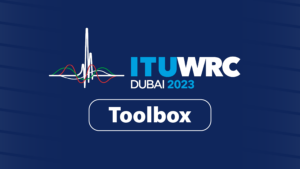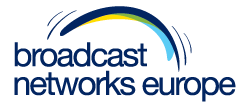
Digital Terrestrial Television (DTT) continues to enjoy widespread popularity and to stand out as a reliable source of impartial, high-quality information, making it irreplaceable in today’s era of misinformation and economic hardship.
As the organisation representing Europe’s terrestrial network operators internationally, we strongly advocate for the retention of the current allocation of the 470-694 MHz band fosters valuable services including public service broadcasting and PMSE across Region 1.
No change for the UHF band at WRC-23 is crucial to ensuring the continued success of essential broadcasting services and co-primary would negatively impact these services and public policy objectives without clear demonstrated benefits. We therefore support a position of ‘No Change’ to the Radio Regulations under WRC-23 agenda item 1.5.
Stay updated on the future of digital television by visiting us at our WRC-23 booth and by downloading the following reports:
BNE’s position at WRC-23:
No change – at WRC-23: Read why Broadcast Networks Europe supports a ‘No Change’ position under WRC-23 agenda item 1.5
DTT innovation and benefits:
The Value and Contribution of Digital Terrestrial Television. This report provides evidence on the benefits of DTT for society. Cases may be applied to any country or region where DTT is critical network for TV distribution.
Innovation Roadmap for the lower UHF band: Read about our vision for Europe and continuous innovations are meeting upcoming needs and demands of citizens in Europe and the world.
5G-Broadcast Trials: What is 5G broadcast? And what do the many 5G Broadcast Trials that are currently taking place in Europe tell us about the future?
DTT beyond Europe:
Broadcasting Services in Sub-Saharan Africa
Broadcasting Services in the Middle East and Northern Africa
Tunisia’s Adoption of DTT in Africa
DTT in Kenya: More Content, More Jobs, and a Digital Dividend
